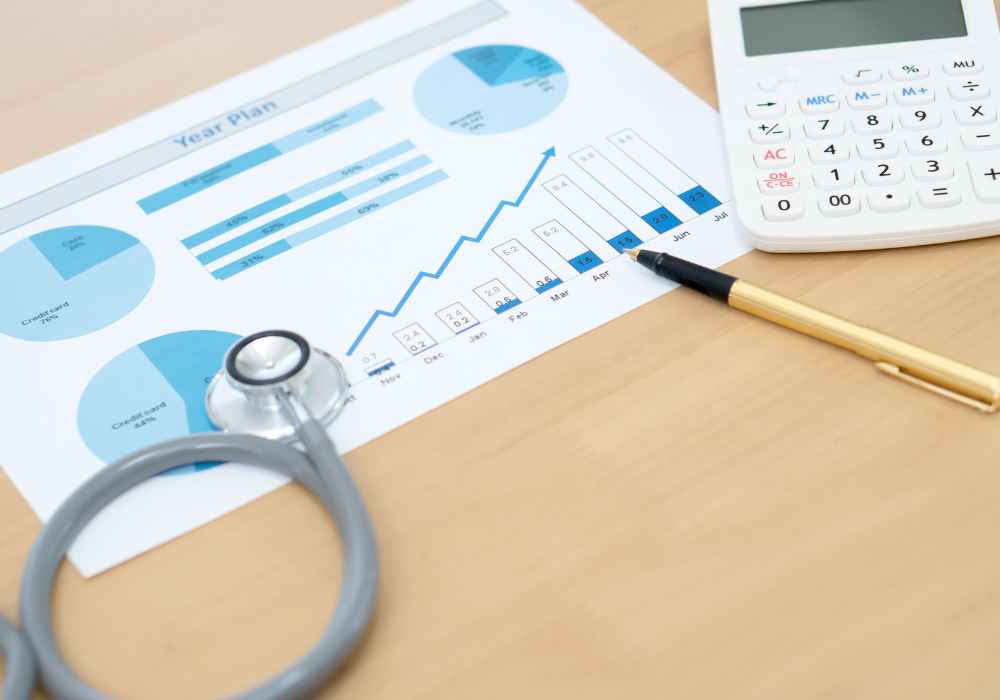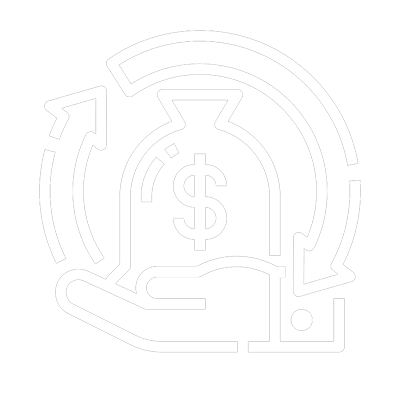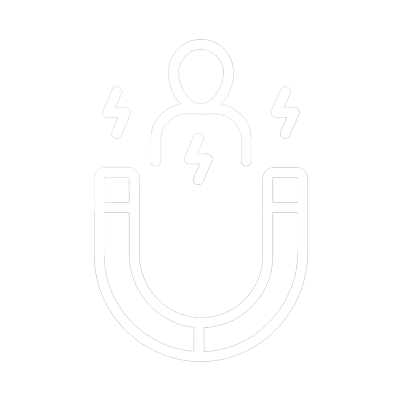Introduction
The healthcare industry is in the midst of a transformative era, where data analytics is playing a pivotal role in enhancing efficiency, reducing costs, and, most importantly, improving patient care. With the exponential growth of healthcare data, from electronic health records (EHRs) to wearable devices, harnessing the power of data analytics has become essential. In this blog post, we will explore the significant role that data analytics plays in revolutionizing healthcare efficiency.
1. Enhanced Decision-Making
Data analytics provides healthcare professionals with the tools to make more informed decisions. By analyzing vast datasets, clinicians can identify trends and patterns that might not be evident through traditional methods. This empowers them to make accurate diagnoses, choose appropriate treatments, and predict patient outcomes more effectively.
2. Personalized Treatment Plans
One of the most exciting applications of data analytics in healthcare is the ability to create personalized treatment plans. By analyzing patient data, including medical history, genetics, and lifestyle factors, healthcare providers can tailor treatments to individual needs. This not only improves patient outcomes but also reduces the risk of adverse reactions to medications or treatments.
3. Predictive Analytics for Preventive Care
Data analytics can predict health issues before they become critical. By analyzing historical patient data, healthcare systems can identify individuals at higher risk for certain conditions and intervene proactively. For instance, identifying patients at risk of developing diabetes and offering lifestyle interventions can prevent the disease or manage it more effectively.
4. Streamlined Operations
Efficiency in healthcare isn’t just about patient care; it’s also about optimizing operations. Data analytics helps healthcare organizations better manage resources, reduce bottlenecks, and improve workflows. For example, it can help hospitals optimize staff schedules, reduce wait times, and ensure that resources are allocated where they are most needed.
5. Fraud Detection and Cost Control
Healthcare fraud is a significant issue, costing billions of dollars each year. Data analytics can help detect fraudulent activities by flagging unusual billing patterns or identifying duplicate claims. This not only saves money but also ensures that resources are allocated to genuine patient care.
6. Inventory Management
Hospitals and healthcare facilities need to manage their supplies efficiently. Data analytics can predict supply needs accurately, reducing wastage and ensuring that critical supplies are always available when needed.
7. Improved Patient Engagement
Engaged patients tend to have better health outcomes. Data analytics can help healthcare providers engage patients more effectively by sending personalized reminders, educational materials, and even monitoring patient progress through mobile apps and wearable devices.
8. Research and Development
Data analytics plays a crucial role in medical research. It helps researchers analyze vast datasets to identify potential breakthroughs in treatment, drug discovery, and disease understanding. This accelerates the pace of medical advancements.
Conclusion
In the healthcare industry, data analytics isn’t just a tool; it’s a revolution. It’s transforming how healthcare is delivered, making it more personalized, efficient, and effective. By harnessing the power of data analytics, healthcare providers can not only improve patient care but also reduce costs, streamline operations, and drive medical research forward. The future of healthcare is data-driven, and the possibilities are limitless. As data analytics technologies continue to advance, we can expect even more significant improvements in healthcare efficiency and patient outcomes.





